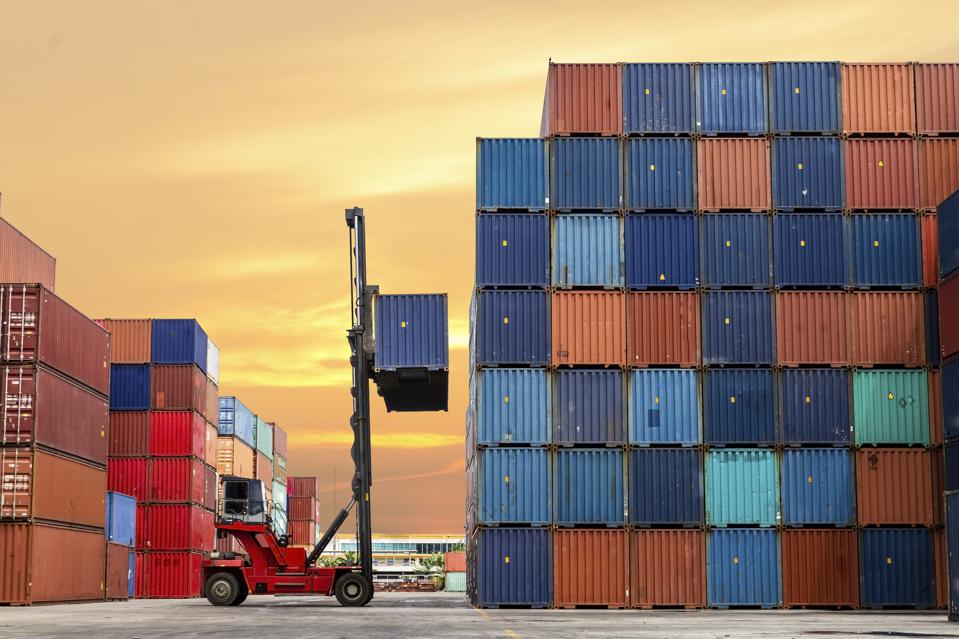What Happens When Cannabis Becomes A Commodity?

I’m often asked to comment on whether or not cannabis will ever truly attain the status of a commodity. While the answer has generally been yes, we have a ways to go.
First of all, it’s necessary to understand what exactly a commodity is. For our purposes, and in the context of cannabis, we’re talking about a raw material or primary agricultural product that can be bought and sold. Modern examples of commodities include copper and coffee.
A commodity is a raw material or primary agricultural product that can be bought and sold.
In order for cannabis commoditization to come to fruition, you must have standardization. While there are many efforts at standardizing hemp and marijuana crops, like ASTM International and FOCUS, there are currently no existing universal standards. This is critical because a commodity requires that such a basic good used in commerce is interchangeable with other goods of the same type. Furthermore, commodities are most often traded on exchanges and presumed to meet specified minimum standards.
So what would a cannabis commodity exchange look like?
An exchange is a marketplace where securities, commodities, derivatives, and other financial instruments are traded. In order for the cannabis industry — and in the short term — the industrial hemp industry to move toward commoditization, exchanges must flourish to facilitate reliable, repeatable market activity.
The core functions of a commodity exchange are to ensure fair and orderly trading and the efficient dissemination of price information for any securities trading on that exchange. This tends to give companies, governments, and other groups a platform from which to sell securities to the investing public. Certainty, transparency, and consistency are essential for industrial hemp or commercial marijuana to make the transition to commoditization.
We’ve seen international cannabis transactions based upon basic industry standards, whether from Canada, Europe, Uruguay or Germany. These transactions tend to be done at a higher standard. The typical transactions in the industrial hemp space are facilitated by the blight of “joker brokers,” or through “wholesalers” or “distributors” in the marijuana space. Needless to say, these transactions are less than standard and, often times, less than professional.
This has caused a large number of cannabis and hemp companies to utilize the services of Hoban Law Group as an underwriter for countless transactions in order to standardize, contract, validate, and escrow. While this has worked well for many, exchanges are needed, as are standards, pricing benchmarks, and formal exchanges.
Numerous efforts are being made to standardize and professionalize these transactions, along with efforts to create and operate such an exchange. There is the Cannabis Mercantile Trading Exchange (CMTREX), which describes itself as an IT-driven platform that provides efficient, transparent, and integrated trading solutions for the global legal cannabis market. Its founders have substantial commodities experience and have built a positive reputation in the industry.
Another prominent example is Panxchange, which holds itself out as an OTC physical commodity exchange, trading energy, agricultural, and metal. It offers financial technology to modernize commodity markets. Founded in 2011 by a veteran Cargill commodities trader and backed by an influential roster of trading and market data executives, PanXchange came to the cannabis industry after servicing numerous global commodities.
Julie submits that "establishing direct, long-term relationships with reliable counterparts is essential for sustainable growth. However, you never want to be dependent on any one supplier or buyer. It's just as important to be active in the cash or market to keep your finger on the pulse of price movements and to use as a venue for both opportunity and the unforeseen."
She goes on to suggest that “if you are not active in a real-time cash market like PanXchange, then you don't really know what prices are doing and have no negotiating power when you need it most. It's the difference between being a price maker, or just a price taker."
I tend to agree. Exchanges are essential and the development of a reliable exchange surrounding the cannabis plant is representative of its coming of age. It’s simply not occurred broadly enough – yet.
We shall see how the market shakes out, but to thrive it will need to be based on reliable exchanges staffed with individuals possessing commodities trading experience — the broader, the better. Taken all together, this is the future of cannabis trading.
420 Intel is Your Source for Marijuana News
420 Intel Canada is your leading news source for the Canadian cannabis industry. Get the latest updates on Canadian cannabis stocks and developments on how Canada continues to be a major player in the worldwide recreational and medical cannabis industry.
420 Intel Canada is the Canadian Industry news outlet that will keep you updated on how these Canadian developments in recreational and medical marijuana will impact the country and the world. Our commitment is to bring you the most important cannabis news stories from across Canada every day of the week.
Marijuana industry news is a constant endeavor with new developments each day. For marijuana news across the True North, 420 Intel Canada promises to bring you quality, Canadian, cannabis industry news.
You can get 420 Intel news delivered directly to your inbox by signing up for our daily marijuana news, ensuring you’re always kept up to date on the ever-changing cannabis industry. To stay even better informed about marijuana legalization news follow us on Twitter, Facebook and LinkedIn.




